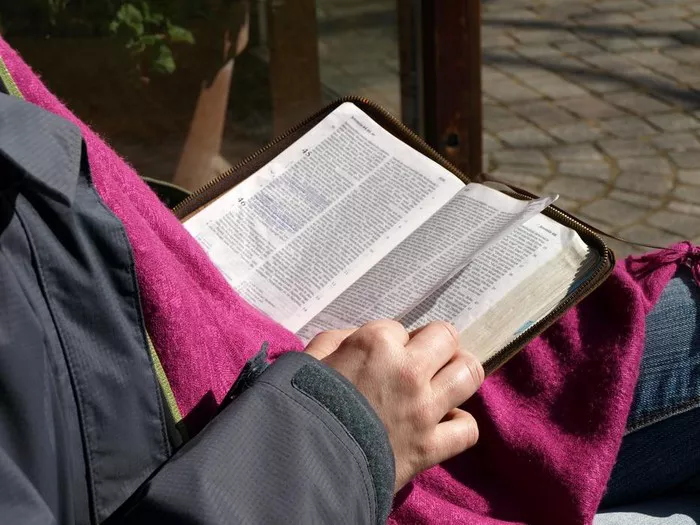The Novena devotion holds a significant place in the spiritual practices of many Christians around the world. Derived from the Latin word “novem,” meaning nine, a Novena consists of prayers or religious acts repeated for nine consecutive days or weeks. This tradition has deep roots in Christian history and continues to be an integral aspect of devotion for millions of believers globally.
Origins and History
The origins of the Novena devotion trace back to biblical times, particularly to the nine days that the Apostles and the Blessed Virgin Mary spent in prayer between Ascension Thursday and Pentecost Sunday. Acts 1:14 recounts this period of prayer, stating, “All these with one accord were devoting themselves to prayer, together with the women and Mary the mother of Jesus, and his brothers.”
Following this biblical precedent, the early Christian Church adopted the practice of extended periods of prayer and reflection, often lasting nine days, for various intentions. As Christianity spread, so did the tradition of Novenas, evolving within different cultural and religious contexts.
Purpose and Intentions
The Novena devotion serves multiple purposes, primarily as a means of deepening one’s faith, seeking spiritual guidance, and petitioning for divine intervention. Believers undertake Novenas for a wide range of intentions, including healing, guidance, protection, intercession for others, and thanksgiving.
Each Novena typically focuses on a specific theme, saint, or aspect of faith. For example, Novenas may be dedicated to honoring a particular saint, such as Saint Jude for desperate cases or Saint Therese of Lisieux for missionaries. Alternatively, Novenas may center around significant events in the liturgical calendar, such as the Novena leading up to Christmas or Easter.
Practices and Rituals
While Novenas vary in their specific prayers and rituals depending on the tradition and intention, they often follow a similar structure. Participants commit to reciting a particular set of prayers, often including specific novena prayers, scripture readings, and reflections, each day for nine consecutive days.
Many Novenas also incorporate devotional practices such as lighting candles, offering specific sacrifices or acts of penance, and attending Mass or other religious services. Some traditions include the recitation of the Rosary or the Liturgy of the Hours as part of the Novena devotion.
In addition to individual or private Novena prayers, communal Novenas are common, where groups of believers gather together to pray for a shared intention or devotion. These communal gatherings often foster a sense of unity and solidarity among participants, reinforcing the communal aspect of Christian faith.
Significance and Benefits
The Novena devotion holds significant spiritual and psychological benefits for believers. By committing to nine days of focused prayer and reflection, individuals deepen their relationship with God, strengthen their faith, and cultivate a sense of spiritual discipline. The repetitive nature of the Novena fosters perseverance and patience, virtues essential to the Christian journey.
Moreover, Novenas provide a structured framework for expressing intentions and seeking divine assistance. Whether facing personal challenges, seeking guidance in decision-making, or interceding for others, the Novena offers a tangible way to entrust one’s concerns to God and the communion of saints.
Participating in a Novena can also foster a sense of connection to the broader Christian community. Knowing that others are praying alongside them for similar intentions can provide comfort and encouragement, particularly during times of difficulty or uncertainty.
Contemporary Relevance
In an increasingly secular and fast-paced world, the Novena devotion continues to resonate with believers seeking spiritual sustenance and guidance. The timeless practice of setting aside dedicated time for prayer and reflection remains relevant in addressing the perennial human need for connection, meaning, and transcendence.
Moreover, the accessibility of resources, such as online prayer communities, smartphone apps, and printed prayer guides, has made participating in Novenas more convenient and inclusive than ever before. Believers from diverse backgrounds and geographical locations can unite in prayer, transcending barriers of distance and time.
In light of contemporary challenges, such as global pandemics, social unrest, and personal crises, the Novena devotion offers a source of solace, hope, and resilience. In times of uncertainty, turning to prayerful practices like the Novena can provide a sense of stability and assurance amidst life’s storms.
Conclusion
The Novena devotion stands as a testament to the enduring power of prayer and the rich tapestry of Christian spirituality. From its biblical roots to its contemporary manifestations, the Novena continues to inspire and uplift believers around the world.
As individuals embark on the journey of a Novena, they are invited to enter into a deeper communion with God and the communion of saints, trusting in the transformative power of prayer. Whether seeking healing, guidance, or simply drawing closer to the divine, the Novena offers a sacred space for encountering the presence of God and experiencing the boundless grace that sustains the Christian journey.

